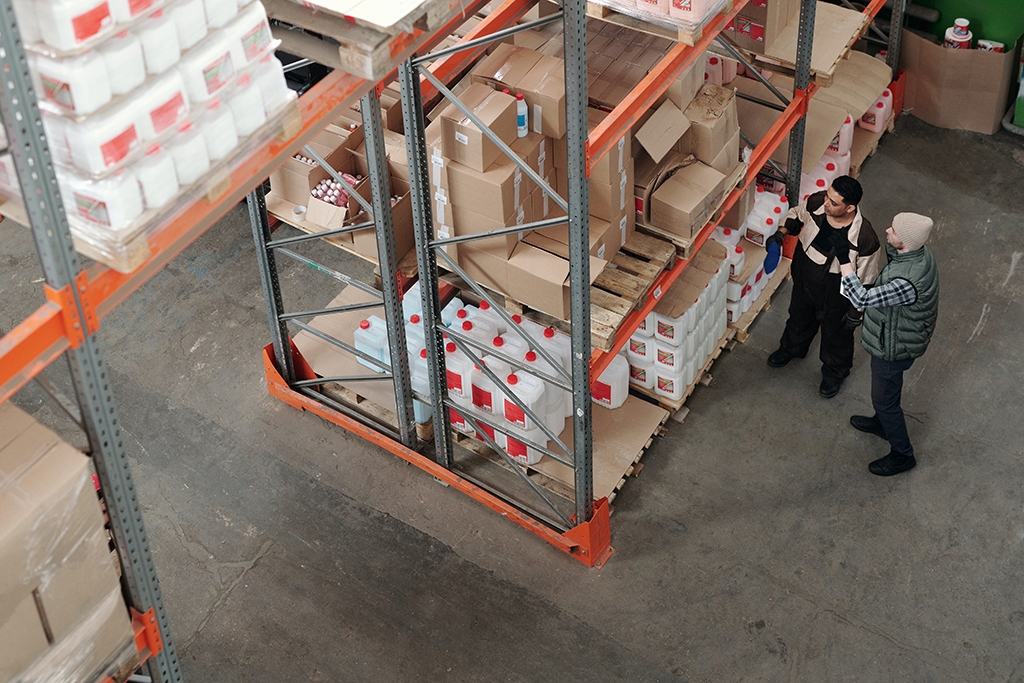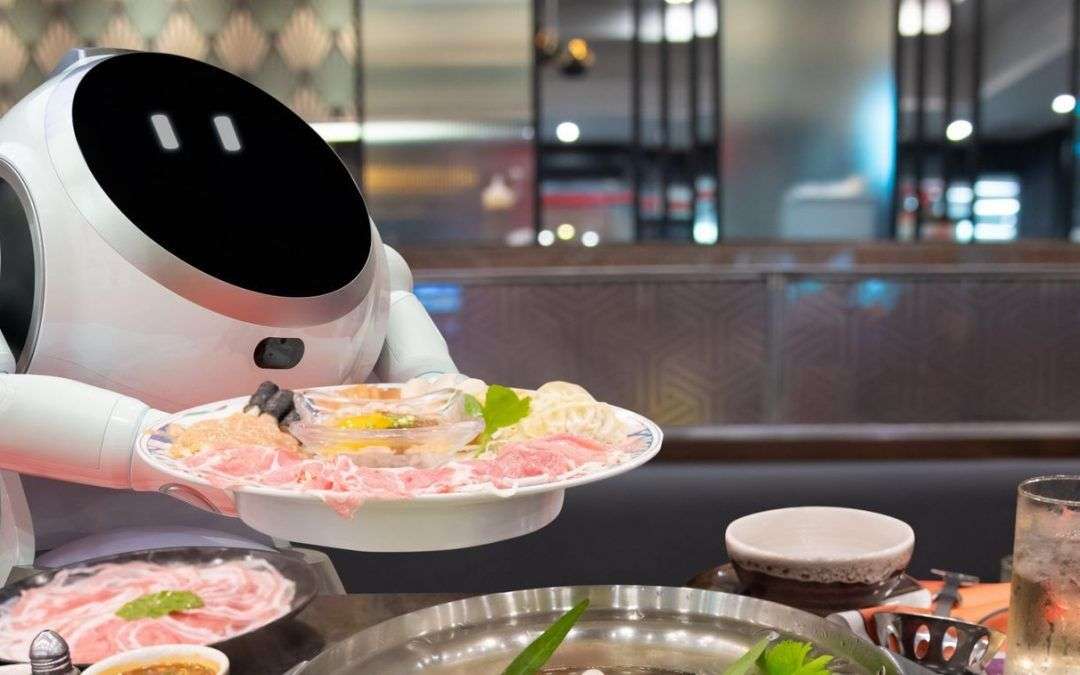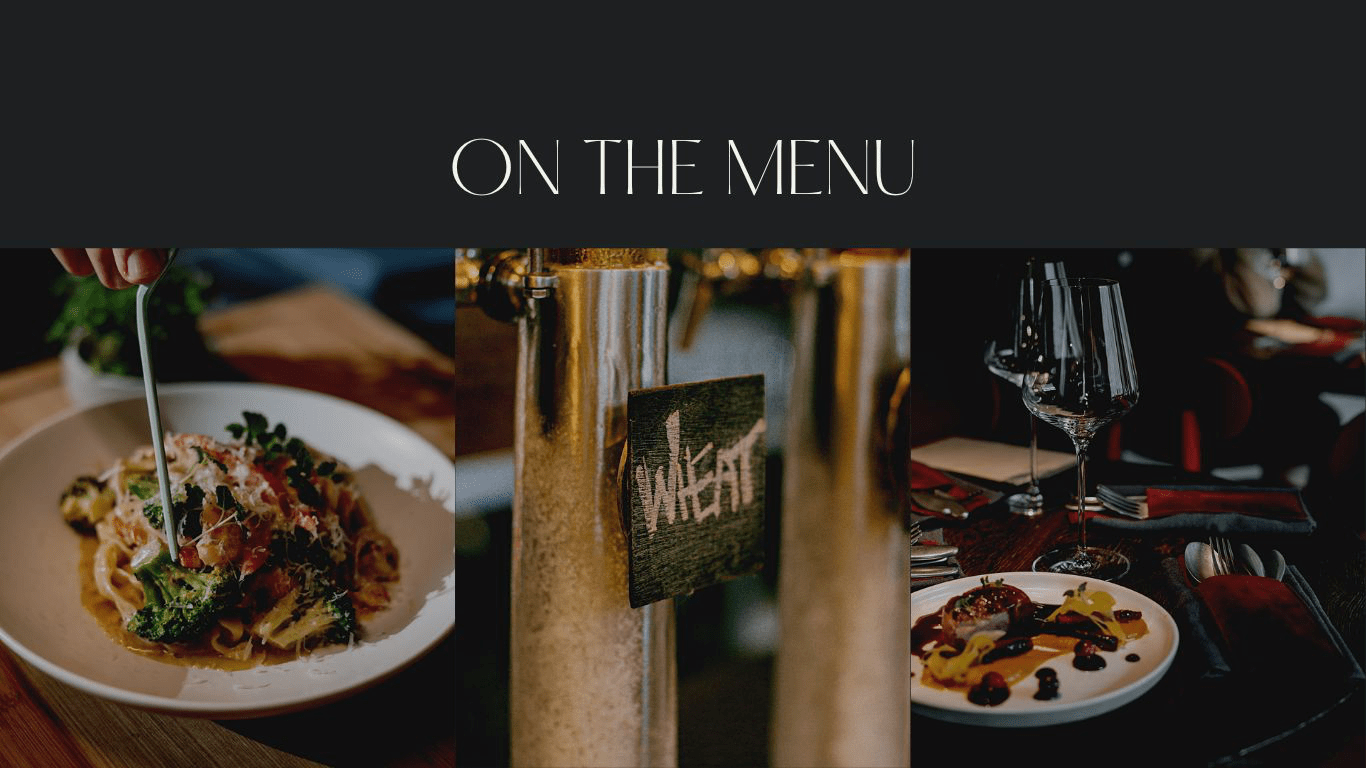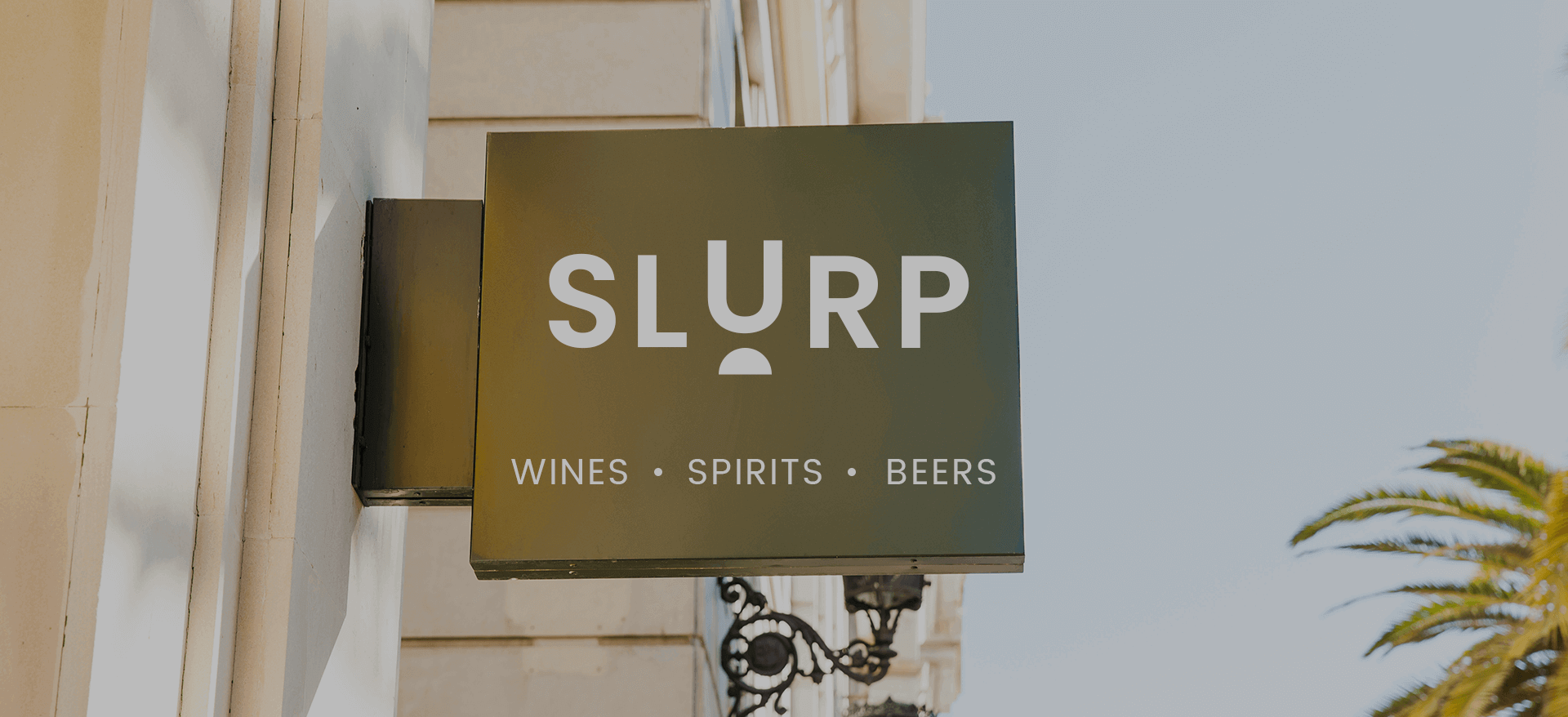Welcome to the world of futuristic restaurants! With the evolving advancement in Artificial Intelligence (AI), the restaurant industry has been revolutionized. AI is transforming the restaurant industry in various ways, enabling the industry to provide a seamless customer experience.
In this blog, we’ll explore how AI is changing the restaurant industry and how restaurants are putting AI to meet their customer’s needs. So take a seat and let’s dig in to the amazing ways AI is transforming the restaurant industry!
What is Artificial Intelligence ?
Artificial intelligence (AI) refers to the development of computer systems that can perform tasks that typically require human intelligence, such as learning, reasoning, problem-solving, and decision-making.
These systems can analyze large amounts of data, identify patterns, and use that knowledge to make predictions and perform tasks autonomously. AI technologies include machine learning, deep learning, natural language processing, computer vision, robotics, and expert systems.
AI is having a significant impact on the restaurant industry in several ways, including:
Personalization
AI algorithms can analyze vast amounts of data on customers, such as their order history, search history, and demographic information, to create a detailed profile of their preferences and habits. Based on this data, the AI system can then make recommendations that are tailored to each customer’s specific needs and interests. This can include personalized product recommendations, targeted advertising, or customized user interfaces.
Predictive Maintenance
AI can be used to monitor kitchen equipment, such as ovens, refrigerators, and fryers, to detect early signs of wear and tear or malfunction. The AI system can analyze data on the equipment’s performance, such as temperature, humidity, pressure, and energy consumption, and identify patterns that indicate a potential issue. Based on this data, the system can predict when maintenance is required and schedule it at a convenient time, before a failure occurs.
Improved Customer Experience
Chat-bots and virtual assistants can handle a variety of customer inquiries, such as reservation requests, order changes, and menu questions, 24/7 without the need for human intervention. AI-powered chatbots and virtual assistants can use natural language processing to understand customer requests and respond in a conversational and personalized manner.
They can also analyze customer data, such as past orders and preferences, to provide tailored recommendations and enhance the overall customer experience. By automating routine tasks and providing instant responses, chatbots and virtual assistants can reduce wait times, eliminate human errors, and enhance customer satisfaction.
Menu Optimization
AI can analyze various data points such as sales data, customer feedback, ingredient costs, and other factors to determine which items on a restaurant’s menu are the most profitable and popular. This information can then be used to optimize the menu by adding, removing, or changing menu items to increase revenue and customer satisfaction.
By leveraging the power of AI, restaurants can gain insights into customer preferences, identify trends, and make data-driven decisions that can lead to improved profitability and customer loyalty.
Inventory Management
AI-powered inventory management systems can provide real-time insights and analytics to help restaurant owners and managers make data-driven decisions about inventory management, such as identifying slow-moving items or identifying the best suppliers for certain ingredients.
By accurately predicting demand, these systems can reduce food waste by ensuring that restaurants only order what they need, when they need it, and avoid overstocking or understocking of ingredients. This can lead to cost savings through reduced food waste, improved efficiency, and increased productivity.

5 Techniques for Effective Restaurant Inventory Management
Food Safety
By analyzing food preparation and storage conditions, AI can identify and alert food producers and distributors to potential risks, such as contamination, spoilage, or other issues that could affect the safety of the food.
AI can also help track the supply chain and trace the origin of food products to identify any potential sources of contamination. This can be particularly useful in the event of a foodborne illness outbreak, as it can help authorities quickly identify the source of the contamination and take appropriate action to prevent further spread of the illness.
Conclusion
Artificial intelligence has given the restaurant industry a much-needed boost in both efficiency and customer satisfaction. So the next time you eat out, don’t be surprised if the restaurant you are in is using some AI-powered technology. It’s the future of the restaurant industry, and it’s here to stay!





